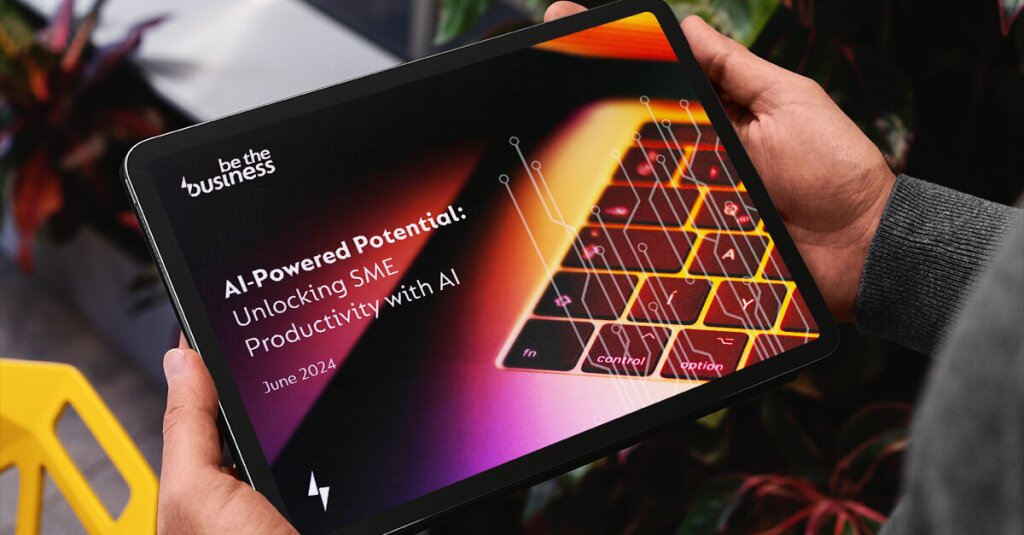16 August 2023
Business and the world of work has changed. More people are working from home or in a remote hybrid environment than before the pandemic.
Across most sectors of the economy, businesses are seeing a greater proportion of their workforce make use of the flexibilities and freedoms that come from hybrid working. A shift so profound, leading academic Nicholas Bloom described it as ‘40 years of acceleration in the space of three years.’
And gone are the days when working from home was the privilege of the elite or limited to executives in professional services. Employees across sectors, from call centre workers to administrative staff, housing advisers to paralegals, are now much more likely to be able to work from home at least one day a week than they were before the pandemic.
This has significant implications for the technology needs of businesses, specifically the speed and reliability of their connectivity. A look under the bonnet of the numbers gives useful insight into what shape and form those needs might take.
For example, contrary to received wisdom, more young business leaders aged 18-34 are working mainly from an office (77%) compared to those over 55 (54%). Indeed, out of all three age groups, young people are least likely to work mostly from home at just 7%, compared to three in ten (29%) over 55s.
This chimes with findings from the Office for National Statistics that hybrid workers are more likely to earn more than people who travel to work. The increasing share of high value work occurring from a home environment adds to the requirement for a high speed, reliable connection.
In this context, Be the Business and Openreach partnered to study the link between connectivity and productivity.
Related
AI-Powered Potential: Unlocking SME Productivity with AI
Action Guide: How to future-proof your business for AI cyber threats
The Construction Productivity Taskforce is raising performance in the sector
Stay in the know
Subscribe to our monthly Insights newsletter to hear about our upcoming research, or browse the archive.



